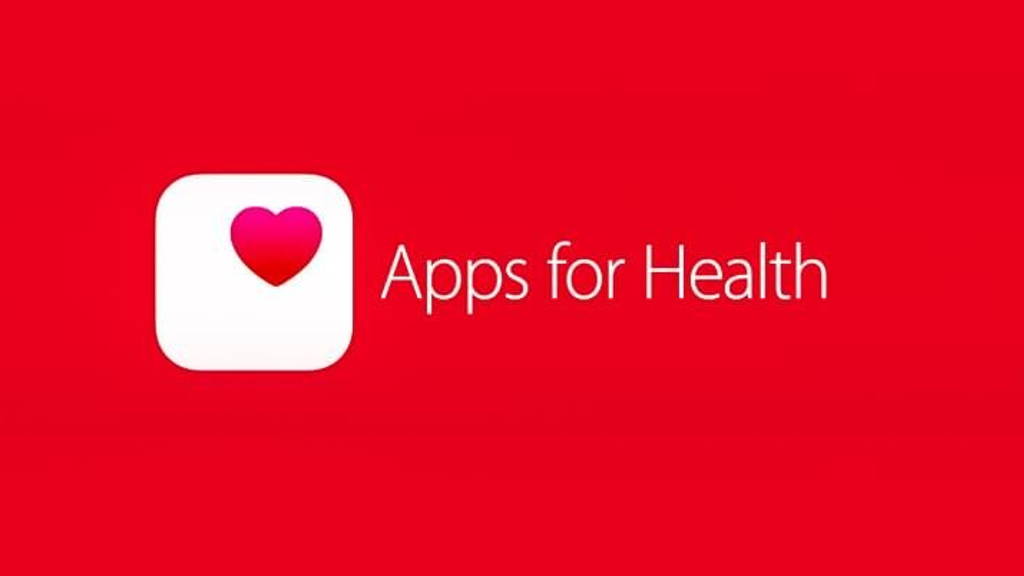Hundreds of health and medical apps are available in the Apple App Store, but for consumers, there’s no easy way to tell which ones are effective and tested, which ones are useless, or even harmful. Medical experts and regulators have questioned apps that claim to calculate insulin dosages for diabetics, diagnose melanoma risk, measure blood pressure, care for patients with schizophrenia, and offer reproductive health advice but don’t mention contraception.
Therefore Apple will heighten its scrutiny of apps that “could provide inaccurate data or information, or that could be used for diagnosing or treating patients.” Apps that calculate drug dosages need to come from an institution like a drug manufacturer, a hospital, or an insurer, or have FDA approval. This way, the company wants to help app users to find the app that they need without having to wonder if it will work.
Also, Apple will not allow apps that encourage people to illegally or excessively consume drugs or alcohol. Marijuana sales are banned too. And apps shouldn’t tell consumers to use their devices in ways that put them at risk for physical harm: “For example, apps should not encourage placing the device under a mattress or pillow while charging.”
In recent years, Apple has broadened its health horizon with several kits (HealthKit, CareKit, and ResearchKit) that allow patients, clinicians, and researchers to access important health and wellness data via a range of mobile devices. Apple has also steadily increased its focus on personal health.
The kits, the expanded iOS 10 health and fitness features and the Apple Watch are all pieces in Apple's health-driven future. Apple combines the trends of wearables collecting more and more (realtime) information and big data/data analytics. The company is focusing on several types of users and usage: medical researchers, medical professionals and consumers/patients.
Apple released a new range of Apple products on September 7, including a new generation of the iPhone, a new Apple Watch and the new iOS 10 mobile operating system.
Therefore Apple will heighten its scrutiny of apps that “could provide inaccurate data or information, or that could be used for diagnosing or treating patients.” Apps that calculate drug dosages need to come from an institution like a drug manufacturer, a hospital, or an insurer, or have FDA approval. This way, the company wants to help app users to find the app that they need without having to wonder if it will work.
Also, Apple will not allow apps that encourage people to illegally or excessively consume drugs or alcohol. Marijuana sales are banned too. And apps shouldn’t tell consumers to use their devices in ways that put them at risk for physical harm: “For example, apps should not encourage placing the device under a mattress or pillow while charging.”
Limited regulation
In the US the FDA regulates medical apps itself, but on a very limited basis. It focuses on the narrow segment of apps that effectively act as medical devices. Last month, the organisation stated that it’ll be hands-off for wellness apps that promote general healthy behaviors (like losing weight). But Apple, the actual gatekeeper to iOS apps, has the power to be just as, or even more, effective in weeding out harmful software.In recent years, Apple has broadened its health horizon with several kits (HealthKit, CareKit, and ResearchKit) that allow patients, clinicians, and researchers to access important health and wellness data via a range of mobile devices. Apple has also steadily increased its focus on personal health.
The kits, the expanded iOS 10 health and fitness features and the Apple Watch are all pieces in Apple's health-driven future. Apple combines the trends of wearables collecting more and more (realtime) information and big data/data analytics. The company is focusing on several types of users and usage: medical researchers, medical professionals and consumers/patients.
Apple released a new range of Apple products on September 7, including a new generation of the iPhone, a new Apple Watch and the new iOS 10 mobile operating system.








